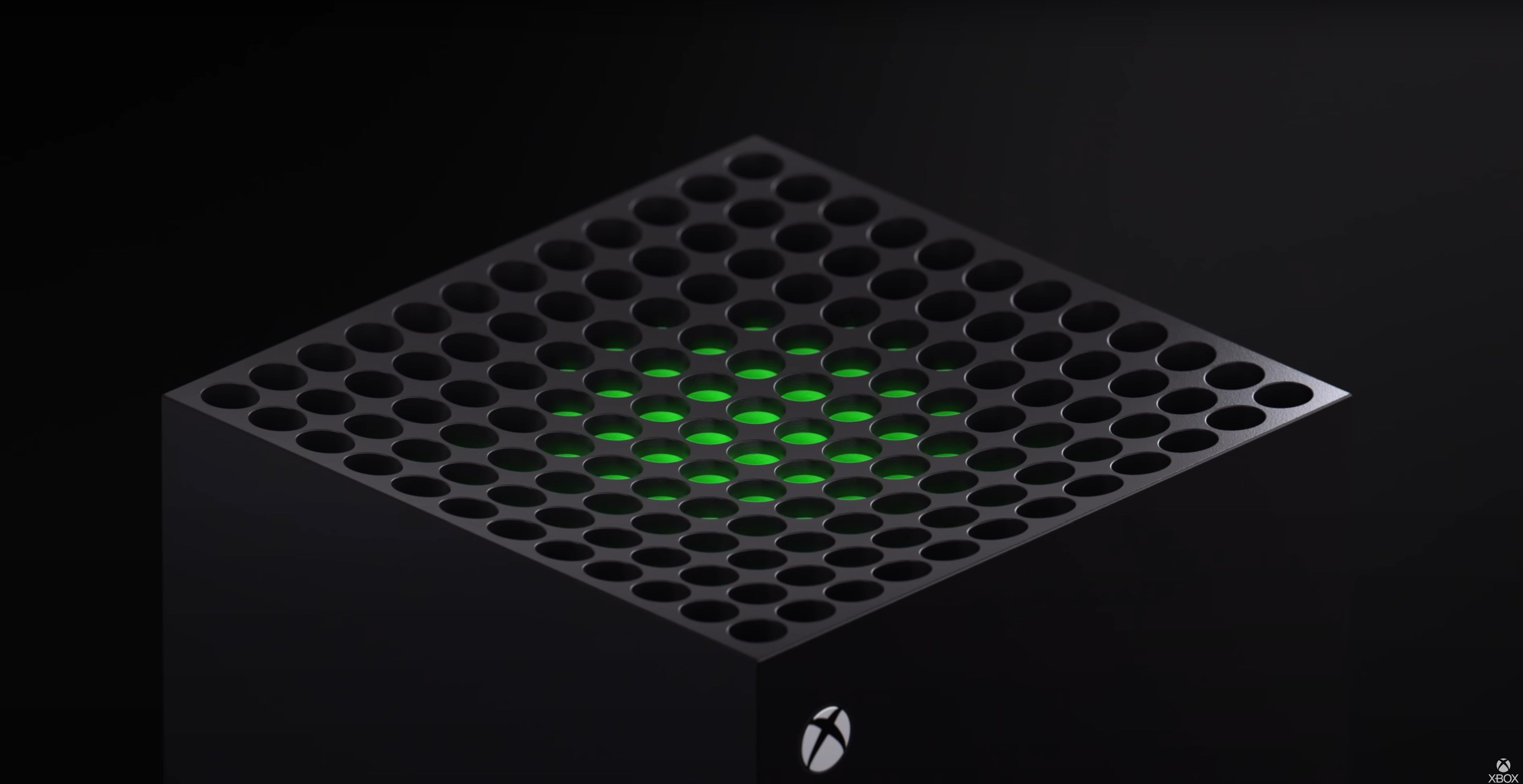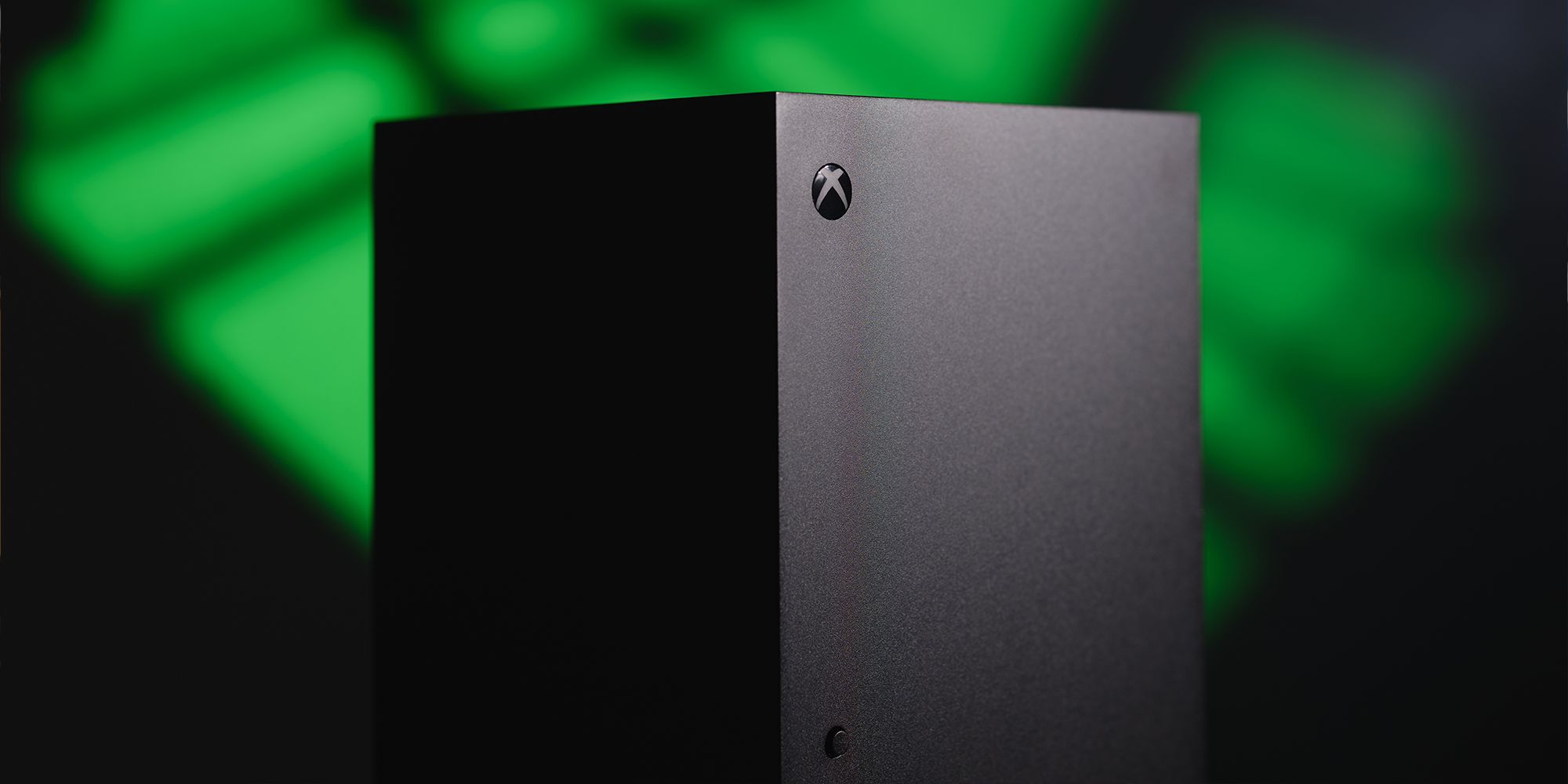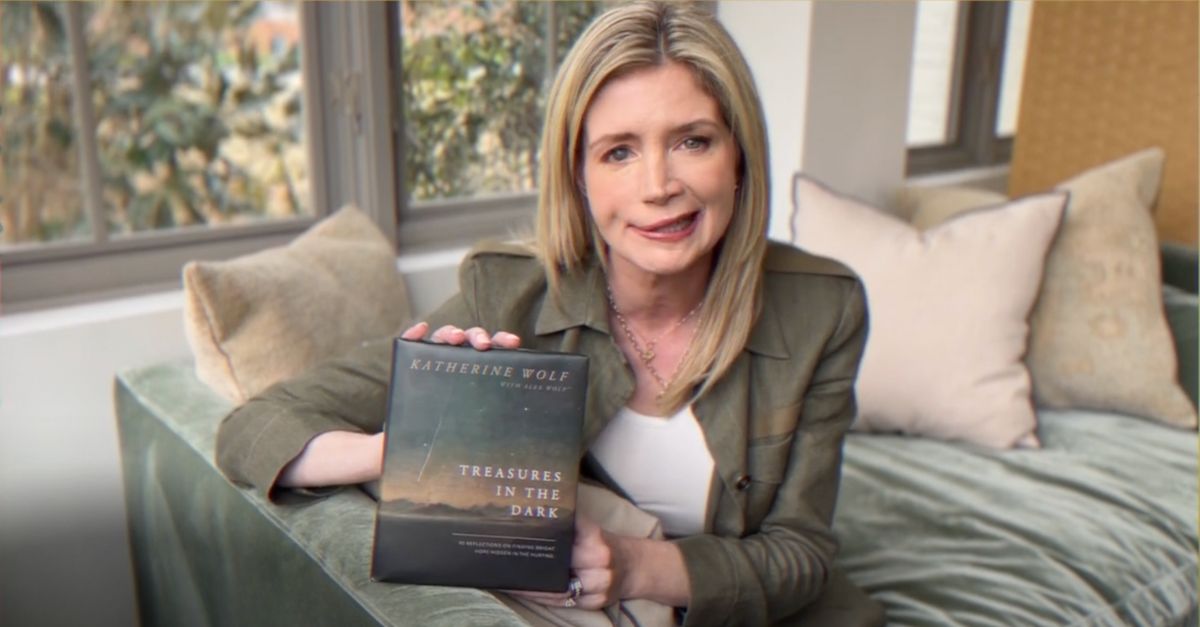I’m glad I sold my Xbox Series X
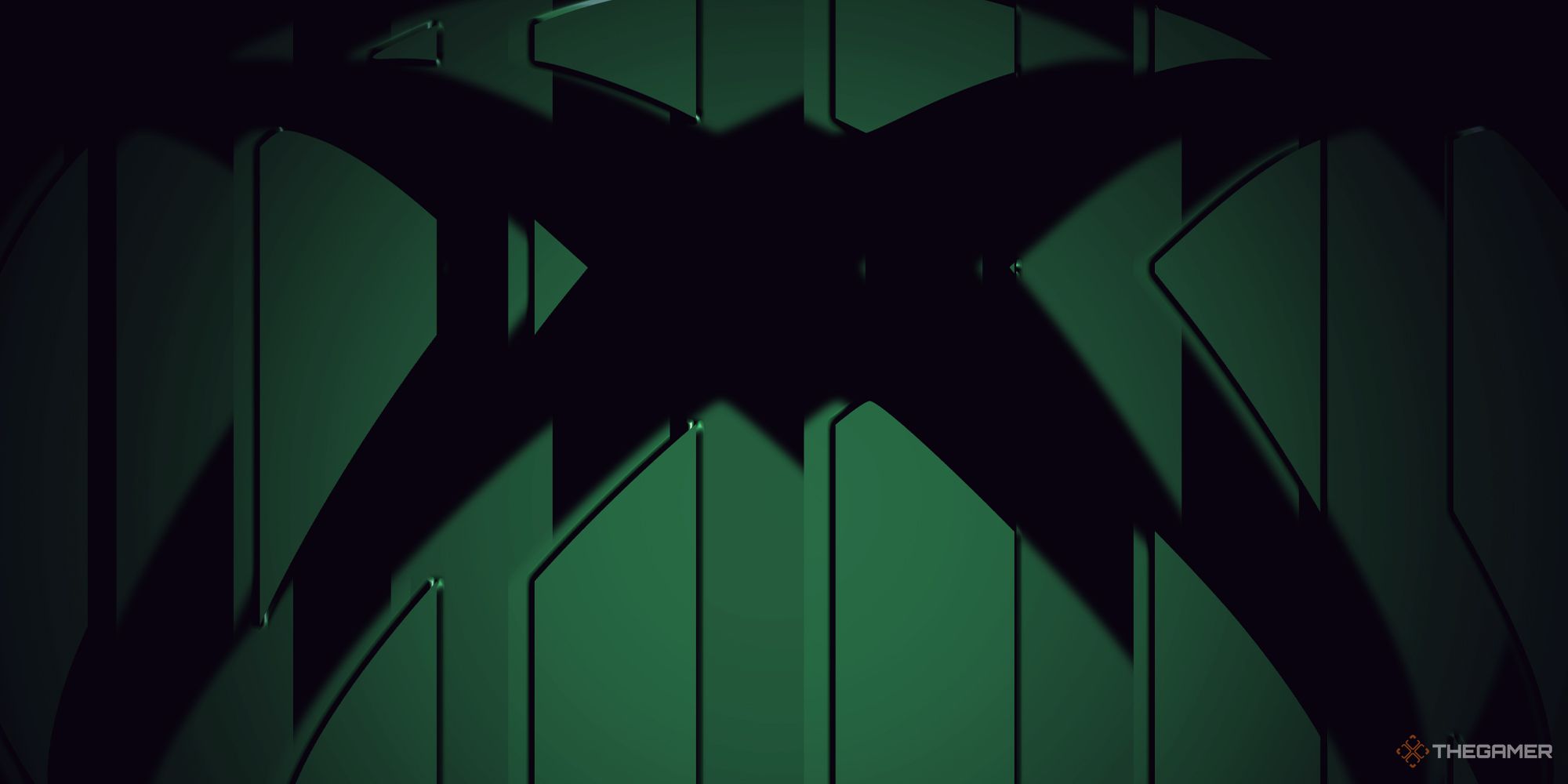
Highlights
- When it comes to selling exclusive systems, Xbox has a hard time keeping up with Nintendo and Sony.
- Its only trump card, Game Pass, is starting to fall apart as prices skyrocket and the promise it made on day one inevitably falls short.
- With talent being sidelined and Microsoft spending money to fix the problem instead of addressing the cause, it seems Xbox is on its last legs.
Last week I finally bit the bullet and pawned my Xbox Series X. I had it for a few years, but it became nothing more than a souped-up, expensive Blu-ray player. Normally I wouldn’t bother announcing this to the world, but after months of writing headlines that are variations on “Microsoft is ruining everything,” this growing apathy towards the Xbox is worth discussing.
Let’s look back to the beginning of the year. After the record-breaking acquisition of Activision Blizzard King, Microsoft laid off 1,900 employees. The cracks and the lack of sustainability in its strategy immediately became apparent.
Xbox One was often derided for its lack of games while Sony released one hit after another, including The Last of Us, Uncharted, Horizon Zero Dawn, Bloodborne, Spider-Man, God of War, and many more. Microsoft tried to get an edge in two ways: with Game Pass and huge acquisitions, hoping to turn other studios’ work into its own exclusive first-party games.
While an affordable library that makes gaming a less expensive hobby is a promising idea, this method backfires…big time. Game Pass has always promised day-one releases, something Sony refused to achieve with the revamped PS Plus, and for good reason. As the service continues to prove unworkable and even negatively impacts sales, this promise turns these expensive first-party exclusives into fodder for a subscription that Microsoft already spends billions of dollars on.
Nowadays games cost much Spider-Man 2 cost $315 million to make. But with Game Pass limiting sales, these expensive games are suddenly making a lot less money. Ultimately, that turns a run-of-the-mill flop into a catastrophic failure. Arkane Austin – a studio with incredible prestige for developing modern classics like Dishonored and Prey – was shut down after just one bad game, despite Microsoft initially spending $7.5 billion on Bethesda.
The day-one promise is another anchor for developers in a crisis-ridden industry already burdened by myriad influences, and Game Pass itself has distorted many gamers’ view of games. It has exacerbated the “time equals quality” debate, turned gaming into disposable fast food, and eliminated ownership rights, which only gets worse as we move toward an all-digital future. Even Microsoft is reckoning with what it created.
Starting in September, Game Pass will introduce a new “Standard” tier for $14.99 per month that doesn’t include day-one releases. You’ll have to shell out $20 per month for the “Ultimate” tier if you want to keep that benefit. It’s an incredibly confusing system (there’s now a “Core” and a “Standard” version) that’s far less affordable than it used to be, but it makes sense.
Game Pass is very expensive to run. Microsoft has to make up for lost third-party revenue with large payments to keep developers invested and continue to boost Game Pass revenue, which is now starting to stagnate. And Microsoft is also losing revenue from its own games because it publishes them through Game Pass. Unless you want to gut the entire service, the only way to cram the toothpaste back into the bottle is to obfuscate it and slowly bury the promise it made on day one.
Acquisitions inevitably lead to layoffs, Game Pass is an unsustainable vacuum, and then there are the exclusives themselves. After the disastrous Xbox One generation, the Series X/S came along and so far there’s little to write home about. Halo Infinite was a good shooter, but it didn’t cut it in today’s live service world. Redfall, Hellblade 2, and Starfield – the heavyweights Microsoft was banking on for the revival – were between terrible and lukewarm, and were swept aside as quickly as they appeared.
The gems of this generation are the smaller, more experimental titles like Grounded, Pentiment, Sea of Thieves and Hi-Fi Rush. But the studio behind Hi-Fi Rush, Tango Gameworks, shut down and all of those games were ported to rival platforms. Trying to solve the post-Xbox One problem with money didn’t work and I can’t imagine that strategy will ever lead to anything good, especially when talent is so carelessly tossed aside. We’re seeing disaster after disaster as Microsoft desperately pushes a “game anywhere” mentality while everyone asks, “What games?”
I sold my Xbox because I can easily play the exclusives on PC and PS5, and I doubt I’ll ever go back to Game Pass with prices skyrocketing. It’s a dying console on its last legs that Microsoft is desperately trying to get going, but after two incredibly chaotic generations, you have to wonder when it will finally admit defeat and go the way of Sega.
Game Pass may have put Xbox back on the map, but now it’s a shackle holding it back, and all the studios it’s tried to acquire aren’t fixing the lack of games it’s been trying to fix for a decade. I don’t see a future for Xbox if it keeps going like this, so what’s the point of sticking around? I’m bowing out early.
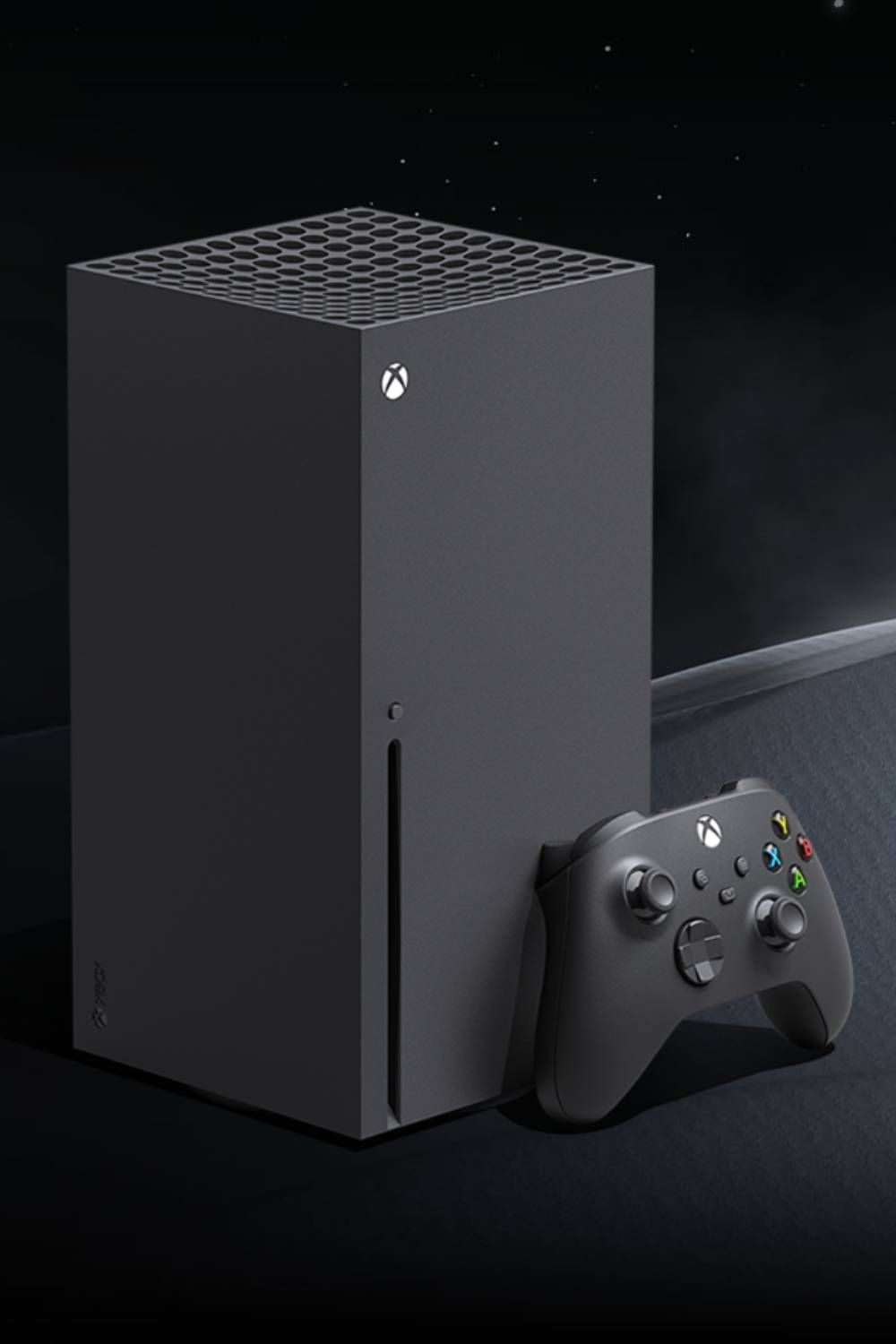
Xbox Series X
Launched in 2020 alongside the digital-only Xbox Series S console, the Series X is the disc version of Microsoft’s leading gaming platform.

